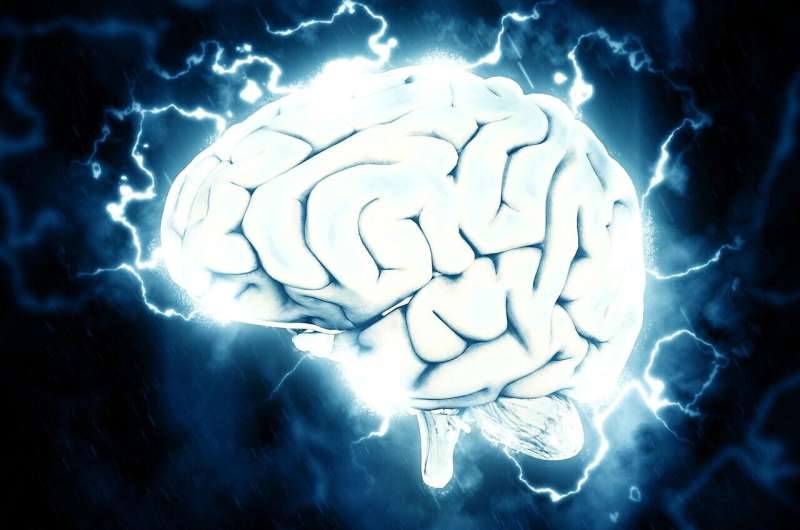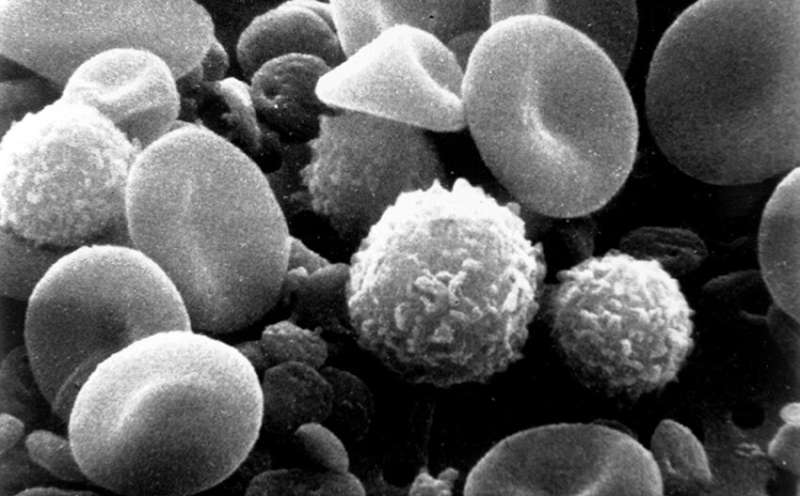Understanding How the Brain Selectively Retains or Deletes Important Memories

Discover how the brain actively manages memory by retaining important information and suppressing irrelevant details, with new research highlighting neural mechanisms involved in this vital cognitive process.
Effective memory retention often involves the brain's ability to filter out unnecessary details, allowing individuals to focus on and remember what truly matters. While much research has shown that the brain naturally discards irrelevant information subconsciously, there are cases where consciously removing less useful memories becomes essential. This process is particularly important when certain details can cause anxiety, rumination, or intrusive thoughts, which may hinder mental well-being.
Recent findings published in the Journal of Neuroscience by researchers Jiangang Shan and Bradley Postle from the University of Wisconsin-Madison have shed light on the neural mechanisms behind this active removal. Their study involved monitoring the brain activity of nearly 30 participants during a memory task. Participants were asked to remember certain items, with some conditions encouraging them to intentionally forget or dismiss specific information. After this process, they were tested on their recall of the initial and remaining items.
The results revealed that the brain actively suppresses unneeded memories through decreased excitability in certain neural circuits responsible for processing that information. Essentially, this means the brain downregulates activity in regions that initially encoded the unwanted details, facilitating clearer and more relevant memory retention.
Understanding how the brain manages this selective memory process helps explain mechanisms behind memory refinement and control. Such insights could have implications for managing conditions involving unwanted memories, like PTSD or obsessive-compulsive disorder, by potentially targeting these neural pathways for therapeutic purposes.
This research emphasizes the importance of both subconscious and conscious strategies in shaping our memories, ultimately aiding our capacity to prioritize significant information while filtering out what is unnecessary or harmful.
Source: MedicalXpress
Stay Updated with Mia's Feed
Get the latest health & wellness insights delivered straight to your inbox.
Related Articles
Innovative Diagnostic Test to Predict Severity of FOXG1 Syndrome in Children
A new diagnostic workflow developed by researchers predicts the severity of FOXG1 syndrome in children, enabling early and personalized intervention strategies for this rare neurodevelopmental disorder.
Using Permethrin-Treated Baby Wraps Significantly Reduces Malaria in Ugandan Children
A groundbreaking study shows that permethrin-treated baby wraps can significantly lower malaria cases in young children in Uganda, providing a culturally compatible and effective prevention tool.
Wildfire Fine Particles May Cause Underestimated Mortality Risks by 93%
A groundbreaking study reveals that mortality linked to wildfire PM2.5 particles may be underestimated by up to 93%, emphasizing the significant health risks of wildfire smoke in a changing climate.



